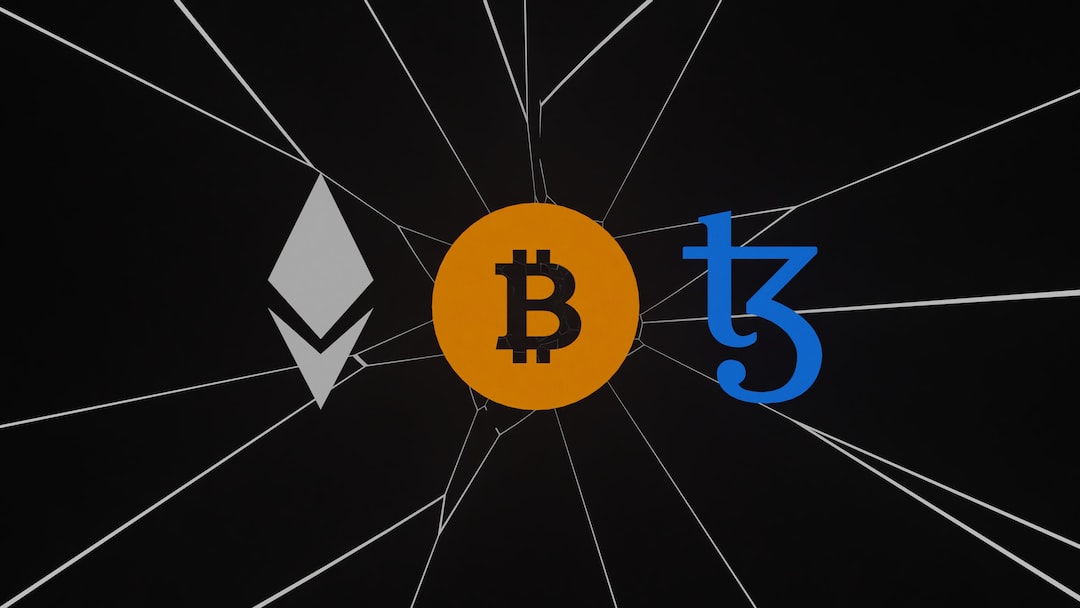The U.S. Congress Misses Opportunity to Include Crypto Provisions in Defense Authorization Act
The final version of the National Defense Authorization Act (NDAA) released by the U.S. Congress does not contain any provisions related to cryptocurrencies or blockchain technology, according to Cody Carbone, the vice president of policy for the Chamber of Digital Commerce. The package excluded an amendment proposed by Sens. Cynthia Lummis, Kirsten Gillibrand, Roger Marshall, and Elizabeth Warren that aimed to establish examination standards for financial institutions involved in crypto activities and require the Treasury Department to provide recommendations on crypto mixers to Congress. Another provision that would have created an independent working group to combat terrorism and illicit financing was also left out. Carbone expressed disappointment at this missed opportunity.
Challenges Ahead for Crypto Legislation in 2024
In 2024, crypto legislation is expected to face significant challenges as lawmakers push for bills that would regulate stablecoins on a federal level and adopt a comprehensive approach to crypto regulation. Although these bills passed the House Financial Services Committee in July, they still need approval from the Senate Banking Committee, which could prove challenging next year. The upcoming election season could further complicate matters or bring cryptocurrencies into the spotlight, as Republican presidential candidates have already taken stances on crypto, particularly regarding central bank digital currencies.
Hot Take: Missed Opportunities Delay Crypto Regulation
The exclusion of crypto provisions from the final NDAA is a disappointment for the cryptocurrency industry. It represents a missed opportunity to establish clearer regulations and examination standards for financial institutions engaged in crypto activities. However, the fight for crypto legislation is far from over, as lawmakers will continue their efforts in 2024 to regulate stablecoins and adopt a comprehensive approach to crypto regulation. The upcoming election season may also impact the trajectory of crypto regulation, with Republican presidential candidates discussing the topic. Despite the setbacks, the industry remains hopeful for future progress in shaping a regulatory framework that promotes innovation and protects investors.
About Author
Sarah is a reporter at The Block covering policy, regulation and legal happenings. Before, Sarah was a reporter with CQ Legal writing about securities regulation, which is where she first started reporting on crypto. Sarah has also written for The Bond Buyer and American Banker, among other finance-related publications. She graduated from the University of Missouri and earned a degree in print and digital journalism. Sarah is based in Washington D.C., and is an avid coffee lover. You can follow her on Twitter @ForTheWynn.





 By
By
 By
By
 By
By
 By
By
 By
By